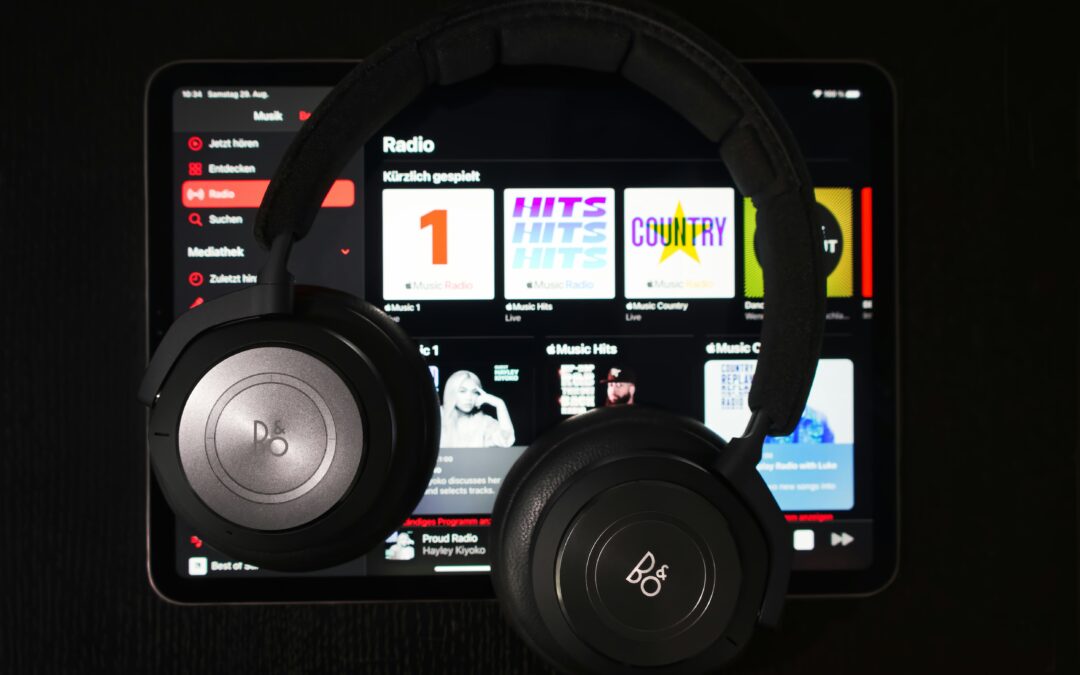Music streaming has revolutionized the way we discover, enjoy, and share music. Gone are the days when people relied on radio stations or physical albums to explore new songs and artists. With platforms like Spotify, Apple Music, and YouTube Music, listeners now have access to millions of tracks instantly, allowing them to create personalized music experiences like never before. This evolution has not only changed our listening habits but has also significantly impacted the music industry itself.
A Personalized Music Experience
One of the standout features of music streaming services is their ability to offer personalized recommendations. Advanced algorithms analyze listeners’ preferences, suggesting new artists, curated playlists, and similar genres based on individual tastes. This feature makes discovering new music easy and engaging, ensuring that users are constantly exposed to fresh content tailored specifically to them. As a result, listeners are no longer limited by radio playlists or their own knowledge, making music exploration more dynamic and accessible.
Empowering Independent Artists
Music streaming has also democratized the music industry by providing a platform for independent artists to share their work without needing a major record label. In the past, gaining exposure was a challenge for new musicians, but now anyone can upload their songs to streaming platforms and potentially reach a global audience. This accessibility has enabled countless emerging artists to gain recognition, build a fan base, and even achieve commercial success. As a result, streaming services have diversified the music landscape, giving rise to a wider variety of sounds and voices.
Changing the Way We Value Music
The rise of streaming has shifted how we view music ownership. Instead of purchasing individual albums or songs, listeners now pay a monthly fee for unlimited access to vast music libraries. While this model offers unprecedented convenience, it has sparked debates over artist compensation, as the revenue generated per stream is often less than traditional sales. However, despite these challenges, streaming remains the dominant way people listen to music, illustrating its strong appeal and influence over modern music consumption.
Conclusion
Music streaming has fundamentally changed how we find, enjoy, and share music. With its ability to provide personalized experiences, support independent artists, and offer unparalleled convenience, it has become the preferred way for millions of people to connect with their favorite tracks and discover new ones. As the industry continues to evolve, music streaming is likely to further shape how we experience and engage with music in the years to come.

